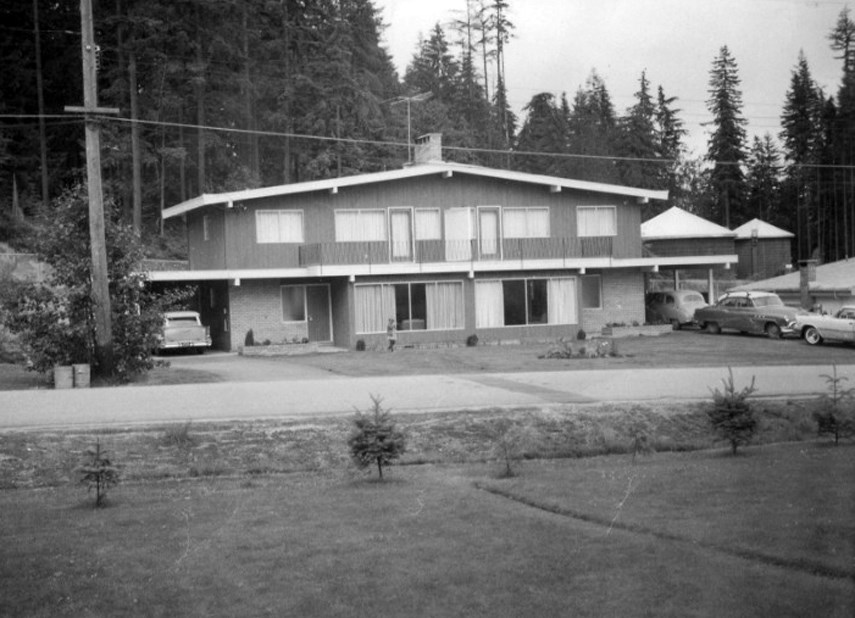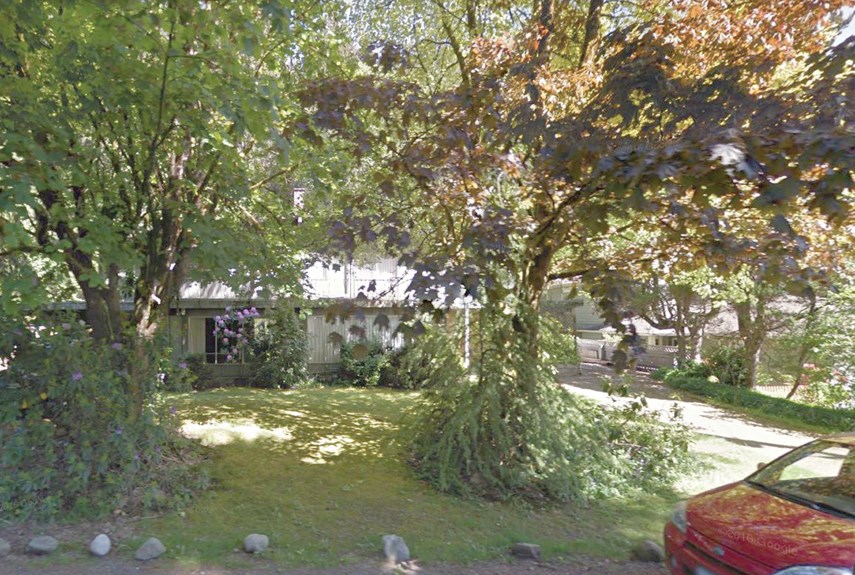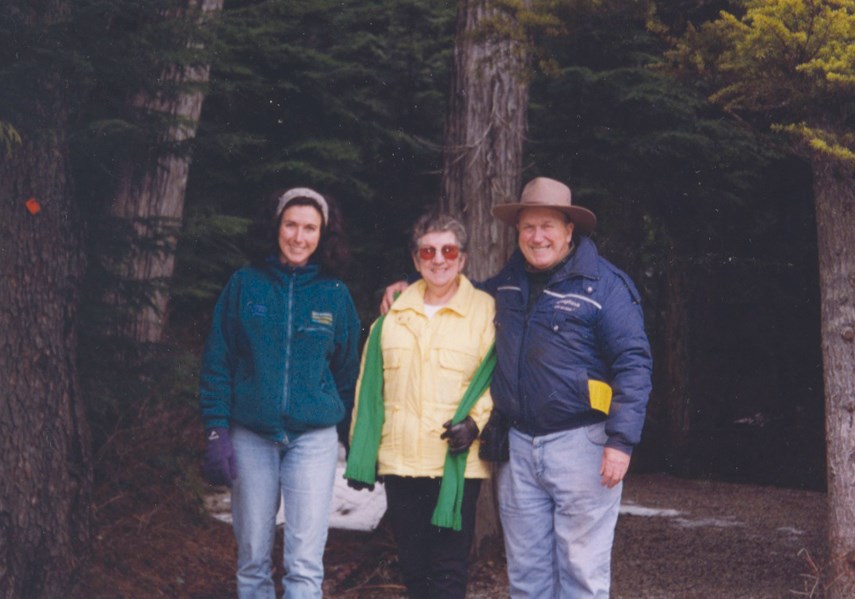Last year I lost my father, I lost the home that he built for our family and I lost the trees that I planted with him as a child. I loved those trees. Those trees gathered us, and protected us, as children and as a community. Trees matter – they build homes and communities. Homes without community is an empty existence. Last year we lost those trees to private development.
Cutting down those two maple trees was a deliberate act of defiance against our community, as the developer’s permit to remove the trees had been denied by the district, as the trees were healthy and the existing access was sufficient.
I grew up in West Vancouver building homes with my father. We lived in a great community – lots of kids, lots of trees, lots of shared meals. We were connected and we thrived. I fear we are losing community, as we lose trees.
A range of research has shown that physical features, particularly trees, influence social contact among neighbors, and nature plays an important role in creating vital neighborhood spaces. The presence, number, and location of trees strongly predicts the amount of time that residents actually spent in outdoor common spaces around housing. Another study found that more people engage in social activities where there are trees. Trees are important to our health and well-being because they keep us connected to each other and the natural world.

Harvard’s social capital tool kit tells us that our social networks predict many social goods, including people’s health and happiness, levels of economic development, high performing schools, safe neighborhoods and responsive government.
I raise my hands to the West Vancouver’s tree bylaw citizen working group, together with Coun. Mary-Ann Booth. The working group's purpose is to review options, engage the community and make recommendations regarding the development of a bylaw to regulate trees on private property that balances best practice with community interests. They presented their draft recommendations to council on March 5 and the district invites public comment on them by April 27.
The working group engaged in the hard work of being a community – actively listening to impassioned voices on all sides. This is what it takes to be a community and a responsive government. The working group leaned into the community to consider, discuss and present recommendations to council: effective management of trees within neighbourhoods; regulation that balances the contribution of trees with the need for sunlight, views, property enjoyment, and safety; education that develops active citizenship for the trees. It takes upstanders, not bystanders, for responsible tree management.
Beyond management and regulations, we need to talk about sanctions for violations too. The developer was fined $10,000.00 per tree for the two maple trees that my dad and I planted 50 years ago. Those two maple trees had deep roots in our community and stood 14 metres (42 feet) tall.

As the community witnessed the trees being felled, they responded with phone calls to the district. The district enforcement staff arrived to find 50 years of community capital chopped to the ground. In a municipality where the average price of a detached house is now $3.2 million, felling the trees was a small business transaction. Is this the type of community that we want to live in? Who is accountable to whom in a transactional world?
The developer will also pay the cost of planting new trees, estimated at up to $2,000. They will also be required to make an additional $10,000 contribution to the municipality. I wonder what the people who call Glenmore home, where the trees fell, would do with that $10,000? I wonder what kind of community building initiative would pay tribute to those trees? I wonder if the fine made a meaningful difference to the way Lexa Development does business in our communities? What were the lessons learnt for all involved and affected by the loss of those trees?
We have lost more than trees. In the case of the trees that my father and I planted, we have lost the opportunity for meaningful deliberation of the value of those trees to the Glenmore neighbourhood. I hope the municipality finds a meaningful way to use the money from the fines. There are other trees and other developments. We have until April 27 to have our voice heard in determining what counts when it comes to trees in places we call home.
Brenda Morrison, like her dad, grew up in West Vancouver. Her dad, Neil Morrison, delivered papers when there were just 30 homes in the British Properties and an acre of land went for $20. He dreamed of building a home in Glenmore and he did. Read the draft recommendations online at westvancouver.ca/treeworkinggroup and share your feedback by filling out a comment form online or by picking up a hard copy comment form at the front desk at municipal hall.



